7. Debunking Hydration Myths: Separating Fact from Fiction
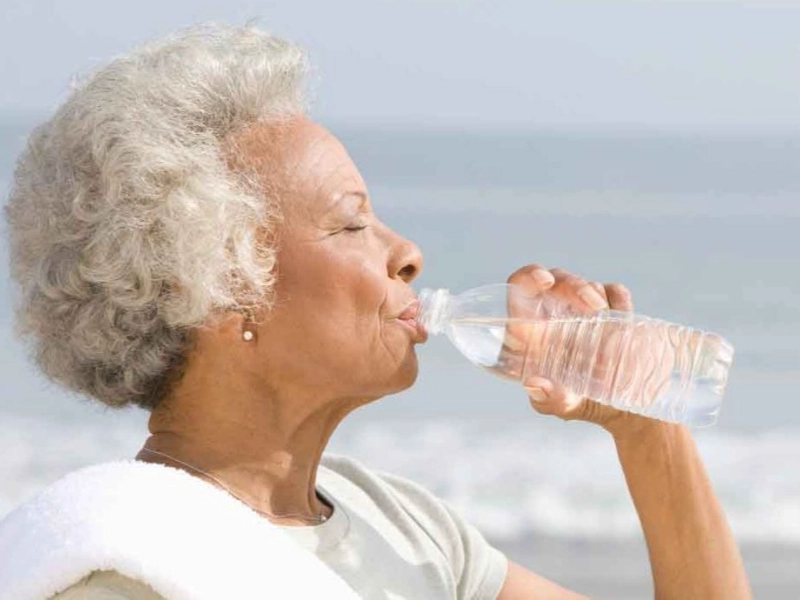
Few subjects in the field of health and wellness are as covered by false ideas and misunderstandings as hydration. Although maintaining hydration is clearly important, scientific data does not support many common opinions regarding water intake and its consequences for the body. This chapter will look at and refute some of the most often held hydration misconceptions, therefore guiding your decisions on fluid intake.Myth 1: "You need to drink 8 glasses of water a day"The "8x8 rule" - the theory that everyone should drink eight 8-ounce glasses of water daily - is maybe the most ubiquitous hydration myth. Although this rule is simple to remember, it does not consider personal variations in hydration demands or scientific data.Reality: As was already said in this text, individual hydration requirements depend much on exercise level, climate, nutrition, and general health. While some people could require less than eight glasses, others could need more. Listening to your body's cues will help you to modify your fluid intake rather than following a strict guideline.Myth2: "You're already dehydrated if you're thirsty".Many times, this advice is used to inspire people to sip water continuously even when they are not really thirsty.Reality: Though it's a warning your body needs fluids, thirst does not always indicate extreme dehydration. Designed to alert you to drink before you are dehydrated, thirst is really your body's early warning system. That's a typical and healthy physiological reaction. But depending just on thirst could not be enough for everyone, particularly in hot surroundings or during vigourous physical exercise.Myth 3: "Coffee and tea dries you"Many people think that caffeinated drinks like coffee and tea have a strong diuretic impact, which causes more fluid loss than they supply.Reality: Although caffeine has a modest diuretic effect, the volume of fluid in coffee and tea more than offsets any additional loss. Your daily fluid intake can benefit from modest usage of these drinks. Still, it's wise to drink a range of beverages; water is your main source of hydration.Myth4: "You can't drink too much water".Some people say that, when it comes to water, you cannot have too much of a good thing.Reality: Although it's unusual, drinking too much water can cause hyponatremia, a disorder. This happens when too much water causes the sodium in your blood to dilute, maybe causing major medical problems. Endurance athletes that overhydrate over extended events most often exhibit this. Although most people's kidneys are rather effective in eliminating extra water, it's still vital to pay attention to your body and avoid pushing yourself to drink more than is necessary.Myth 5: "Clean urine indicates ideal hydration"Many people think that you are more hydrated the clearer your pee is.Reality: Although urine colour might be a good gauge of your level of hydration, totally clear urine could really indicate that you are drinking more water than your body requires. Your urine should ideally be pale yellow. While totally clear urine may signal you are overhydrated, very dark pee can point to dehydration.Myth 6: "Sports drinks are better than water for hydration"Generally speaking, especially during or after activity, sports drinks are thought to be always better than water for hydration.Reality: Water is quite sufficient for most people doing modest activity or daily activities to be hydrated. Since they restore electrolytes lost through sweat, sports drinks can be helpful in highly hot situations or during extended, vigourous exercise—usually more than 60 to 90 minutes. Water is typically the best option, though, for regular hydration needs since it hydrates without adding additional calories or sweets.Myth7: "You need to drink water before you feel thirsty".Some sources counsel drinking water constantly throughout the day—even in cases when one does not feel thirsty.Reality: While getting ahead of your thirst can be helpful in some circumstances (like during heavy activity or in very hot weather), for most individuals in daily life, drinking when you feel thirsty is a reliable approach to keep appropriate hydration. Usually, your body's thirst system is really good at preserving fluid equilibrium.Knowing and disprobing these common hydration fallacies can help you approach your fluid consumption from a more informed and balanced standpoint. Recall that the secret to good hydration is paying attention to your body, thinking through your unique situation, and basing decisions on scientific data instead than popular belief. As usual, if you have particular questions regarding your hydration requirements, you would be best advised to see a healthcare practitioner for individualised recommendations.Knowing these common hydration misconceptions and their truths can ultimately enable you to make better judgements regarding your fluid intake. Though broad rules can be useful, hydration is a very personal issue. Depending on several elements we have covered in this essay, your body's needs could be different from others.We want to inspire a more complex and customised approach to hydration by busting these misconceptions. Focus on listening to your body, assessing your unique situation, and basing your hydration practices on scientific data instead of adhering strictly to norms or popular wisdom. This method will enable you to keep ideal amounts of hydration for your particular requirements, so supporting your general health and wellbeing.Remember, it's always advisable to see a healthcare expert or qualified dietitian if you have any particular questions regarding your hydration needs, particularly if you have certain health issues or participate in vigourous physical activity. They can offer customised guidance fit for your particular circumstances.
Advertisement
Recommended Reading: Could a Lemon Be the Key to Your Best Night's Sleep Ever?
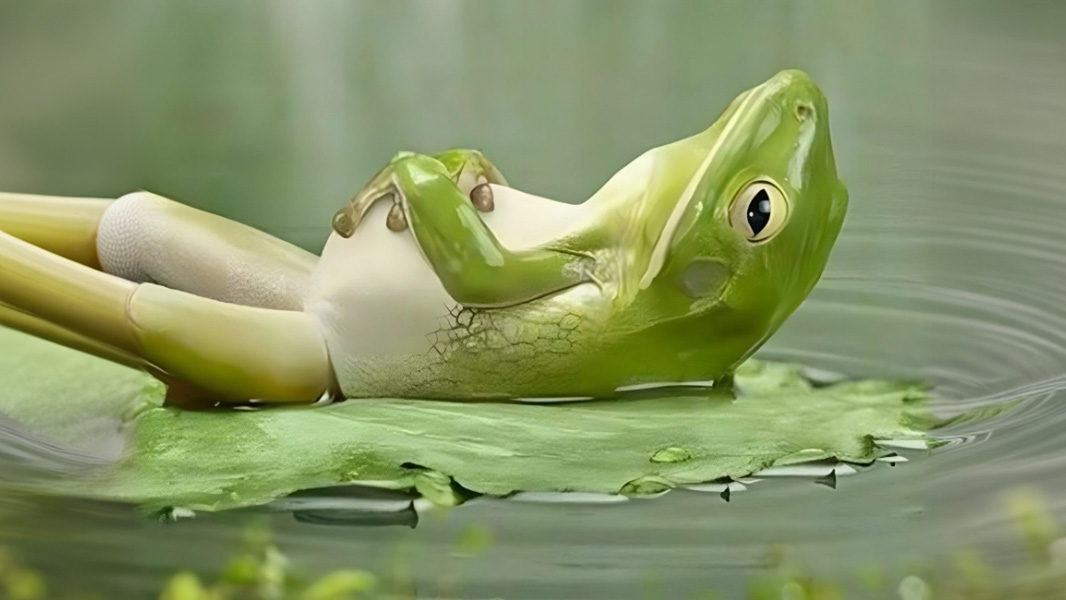


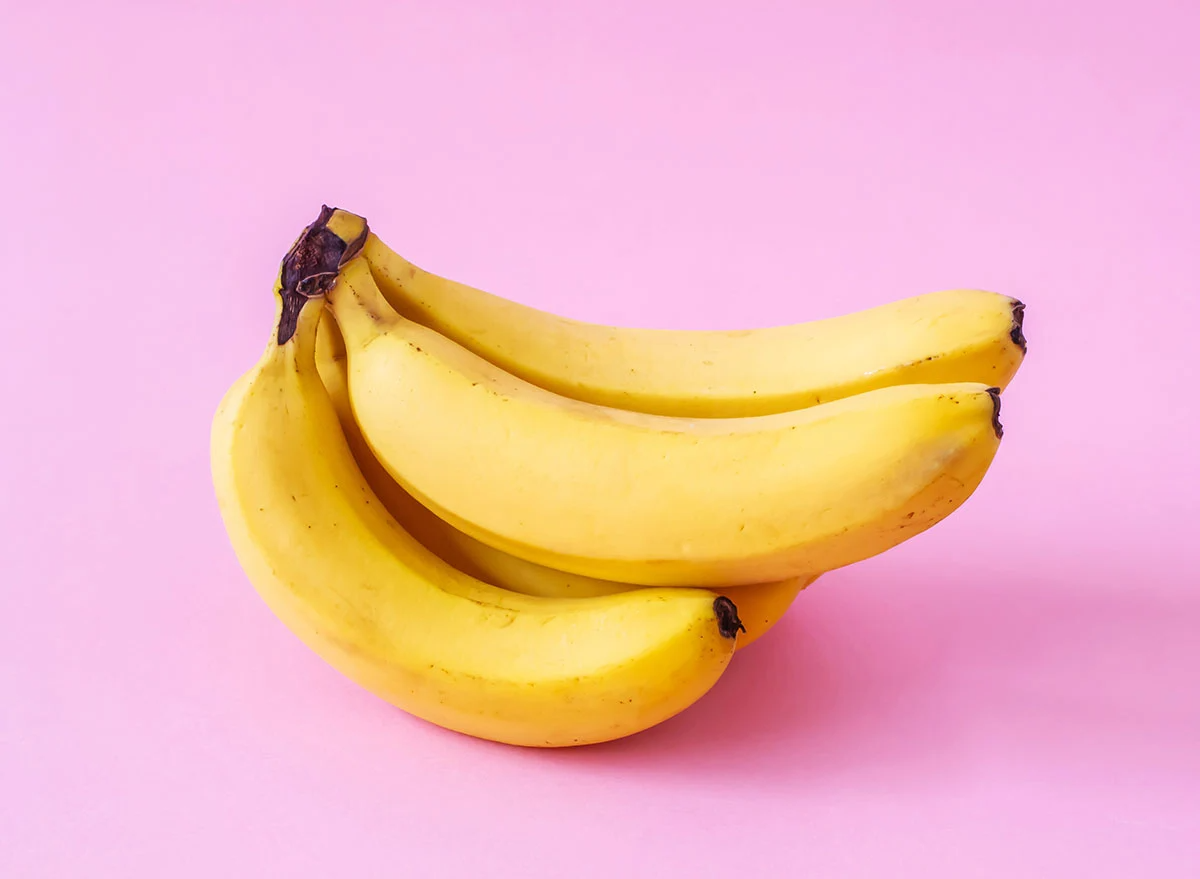

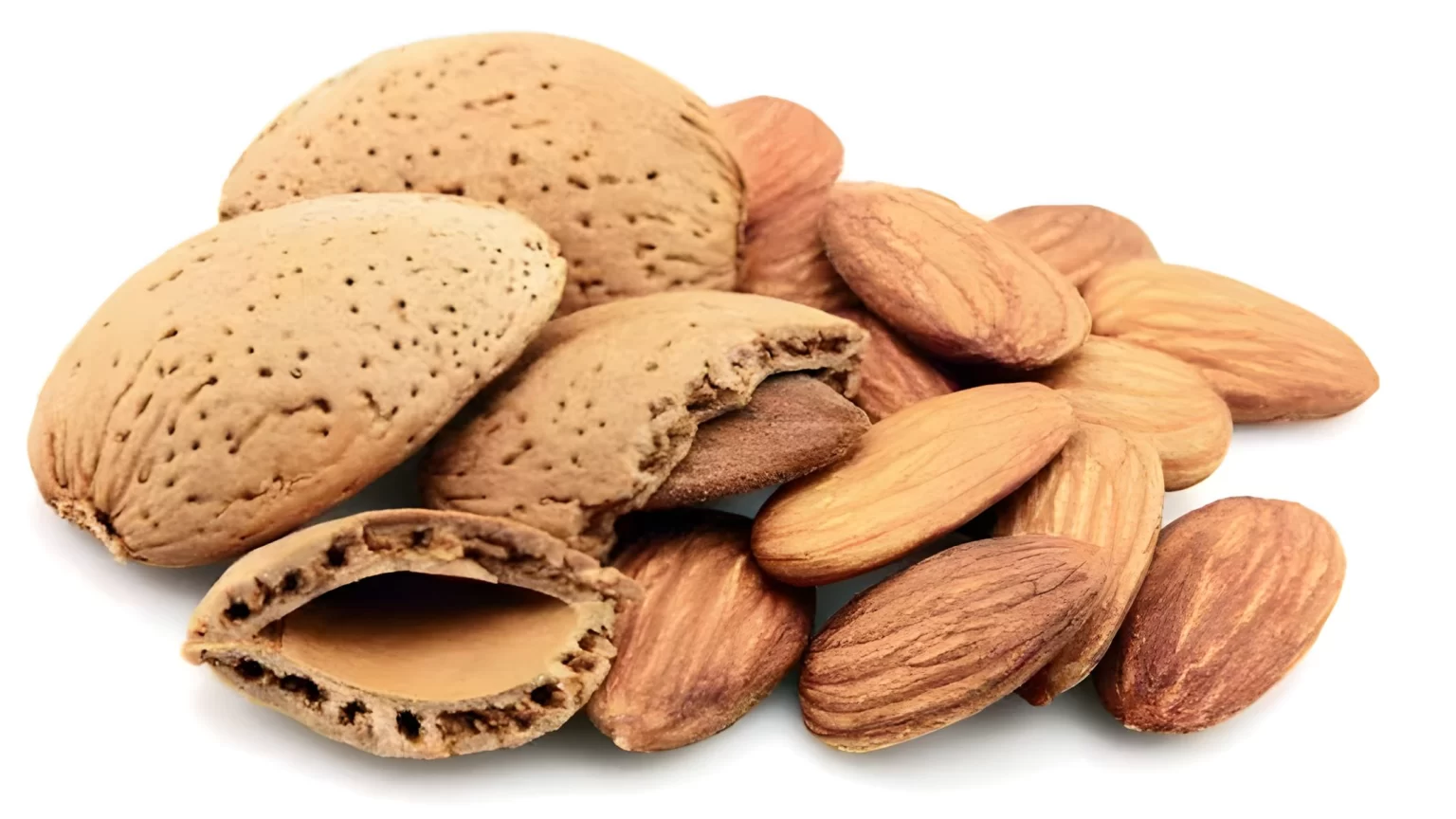






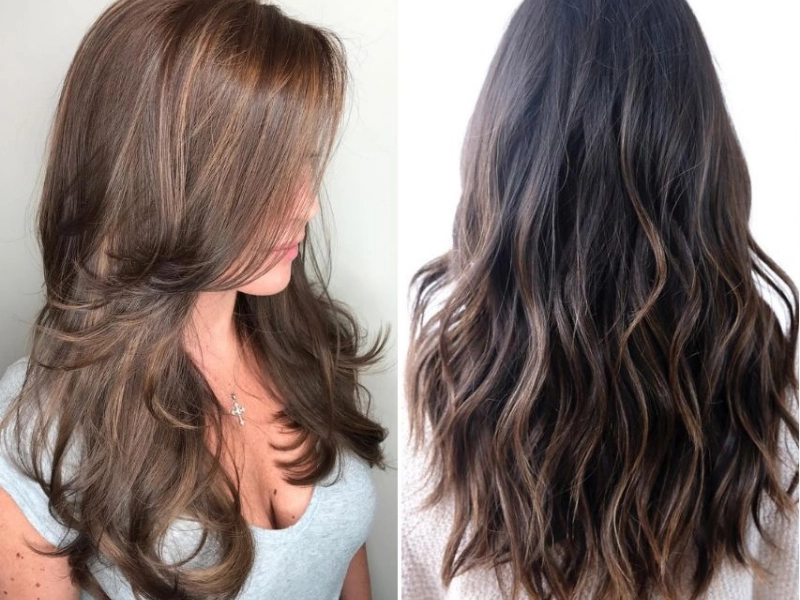
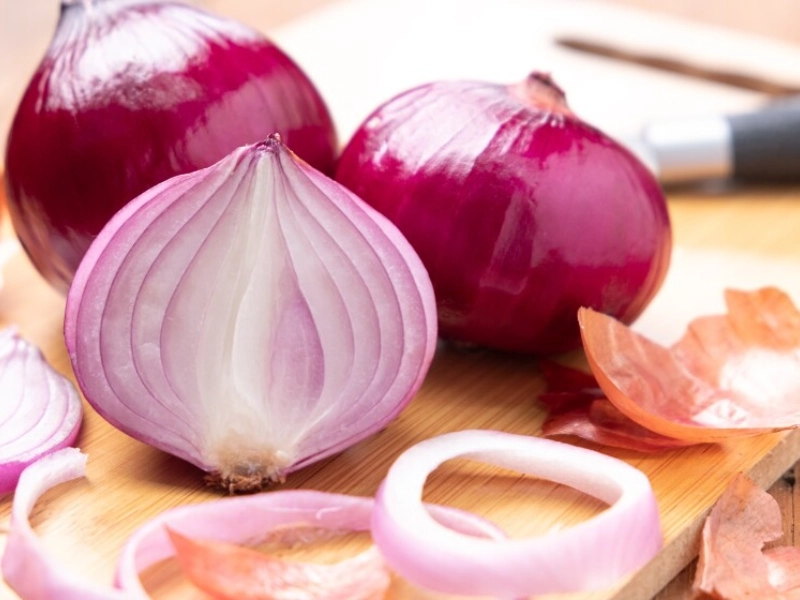



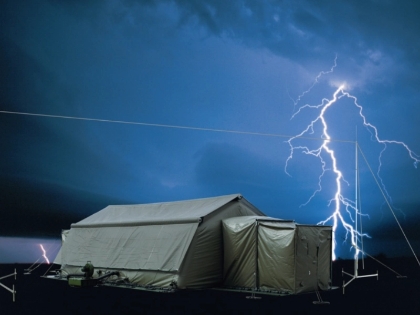








Comments
Leave a Comment
Your email address will not be published. Required fields are marked *